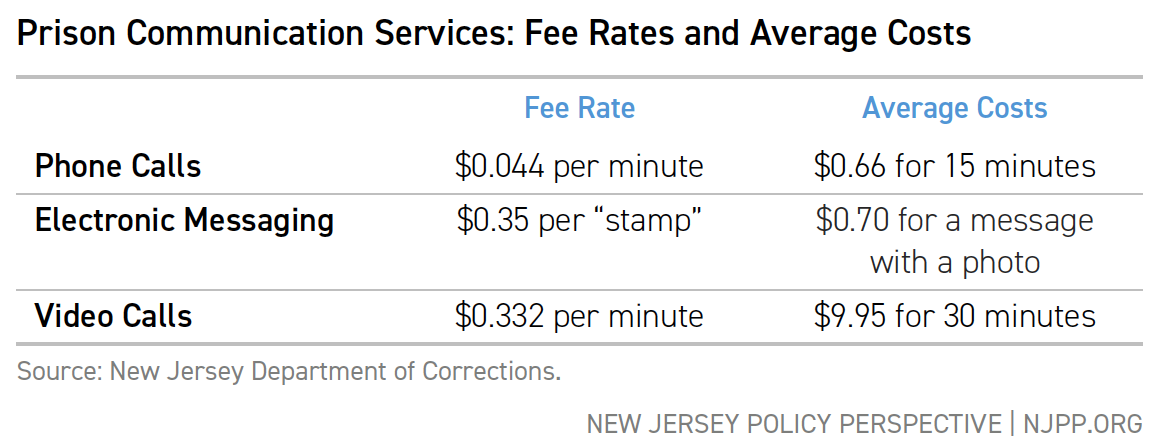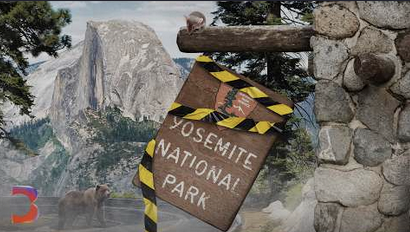That's an idiotic statement. Realism or understanding what realpolitik is in a political situation is far more likely to allow you find and develop change in an organization, as well keep you from wasting your time on useless leverage points. In this case knowing both frames of reference is valuable so that action can be taken, as opposed to just writing five words.
Post a summary at least OP:
Signal CEO Meredith Whittaker says her company will withdraw from countries that force messaging providers to allow law enforcement officials to access encrypted user data, as Sweden continues to mull such plans.
Whittaker said Signal intends to exit Sweden should its government amend existing legislation essentially mandating the end of end-to-end encryption (E2EE), an identical position it took as the UK considered its Online Safety Bill, which ultimately did pass with a controversial encryption-breaking clause, although it can only be invoked where technically feasible.
She made the claims in an interview with Swedish media SVT Nyheter which reported the government could legislate for a so-called E2EE backdoor as soon as March 2026. It could bring all E2EE messenger apps like Signal, WhatsApp, iMessage, and others into scope.
Other articles have mentioned
Sweden’s Armed Forces Opposed to the Bill
...
However, SVT reported that the Swedish Armed Forces (Försvarsmakten) oppose such a bill.
In a letter to the government, the Armed Forces said the bill could not be implemented “without introducing vulnerabilities and backdoors that could be exploited by third parties.”
Being halfway between both sides, I can see the need for a monetary model to sustain development, yet I am challenged by the opacity that this feels like. The OP's point that it feels like a downward slide toward principles compromise is challenging. Especially in light of the enshittification of everything lately, Mozilla needs to do a better job communicating how this is not going down that path and yet also trying to sustain itself.
Correct me if I'm wrong but ladybird is focused on a new browser, and not a new browser that is privacy oriented? Their language is pretty specific about donations and independence, but I didn't catch anything that specifically denotes privacy.
I'm not an expert, but have read a decent amount on this. Others may have more and better info.
With that said, even if an Article 5 invocation won't bring the US into your fight, it provides a hefty infrastructure of value to countries in it. From basing, to logistics, to intelligence, to aid, it is valuable. Now the politics of it are complicated and the US can hinder some of that value, but it still means that in Europe if Russia provides an Article 5 reason, other countries in NATO can choose to help in various forms. That's not nothing. It's also faster and less arduous then negotiating individual defense treaties with neighbors and others.
So yes, overall probably still worth it. Even if just as an entree into other alliances.
As some who has been out literal in the woods, can someone give me more context?
The PI's I deal with on Research Vessels almost always get their hands dirty. Both in the lab and on deck, so managing is more of an added responsibility, as opposed to a managerial shift to desk bound life.
Maybe not true for all areas.
Gerbil vomit... ROFL She does invoke the passion for new descriptive expletives.



I think you are missing the last digit. https://share.libbyapp.com/title/11693967
Careless People: A Cautionary Tale of Power, Greed, and Lost Idealism by Sarah Wynn-Williams
An explosive insider account charting one woman’s career at the heart of one of the most influential companies on the planet, Careless People gives you a front-row seat to Meta, the decisions that have shaped world events in recent decades, and the people who made them.
From trips on private jets and encounters with world leaders to shocking accounts of misogyny and double standards behind the scenes, this searing memoir exposes both the personal and the political fallout when unfettered power and a rotten company culture take hold. In a gripping and often absurd narrative where a few people carelessly hold the world in their hands, this eye-opening memoir reveals what really goes on among the global elite.
Sarah Wynn-Williams tells the wrenching but fun story of Facebook, mapping its rise from stumbling encounters with juntas to Mark Zuckerberg’s reaction when he learned of Facebook’s role in Trump’s election. She experiences the challenges and humiliations of working motherhood within a pressure cooker of a workplace, all while Sheryl Sandberg urges her and others to “lean in.”
Careless People is a deeply personal account of why and how things have gone so horribly wrong in the past decade—told in a sharp, candid, and utterly disarming voice. A deep, unflinching look at the role that social media has assumed in our lives, Careless People reveals the truth about the leaders of Facebook: how the more power they grasp, the less responsible they become and the consequences this has for all of us.